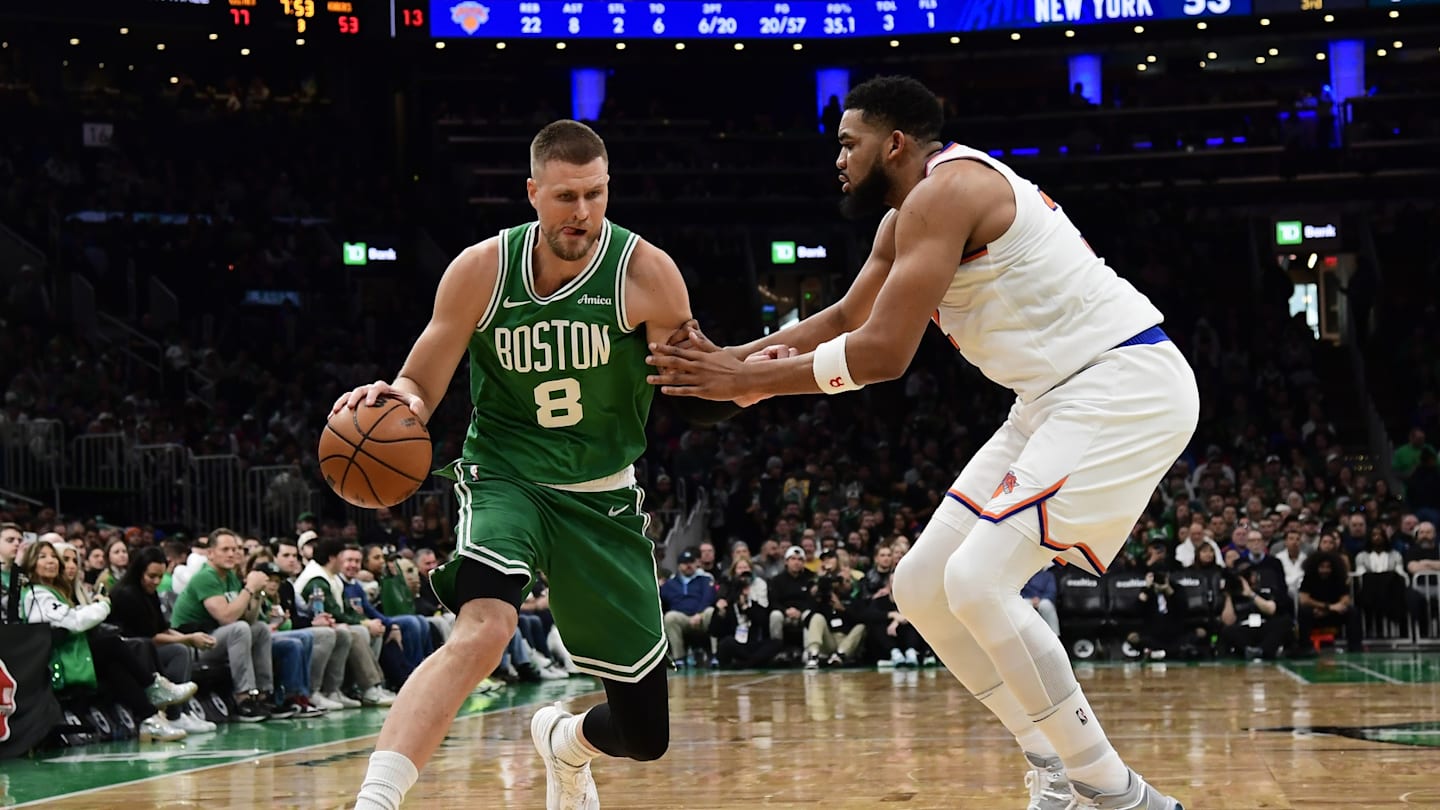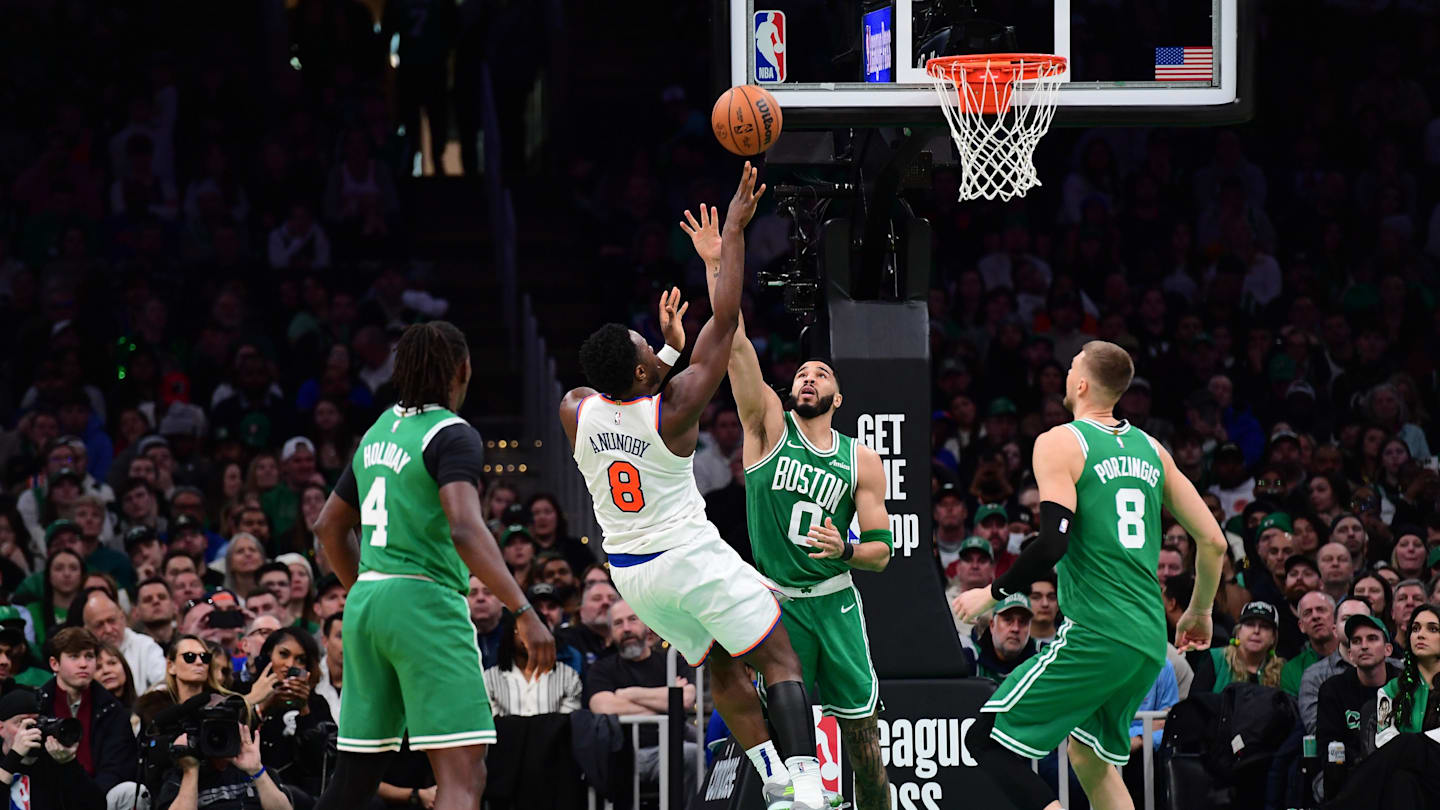NBA, MLB commissioners eye national RSN packages

NBA commissioner Adam Silver and MLB commissioner Rob Manfred have both entertained the idea of rolling out national RSN packages in recent days.
As the regional sports network model remains unstable, NBA commissioner Adam Silver and MLB commissioner Rob Manfred are looking towards the future of local broadcasting. At a Tuesday press conference following an NBA Board of Governors meeting, Silver revealed that the league will take the next six months to study the possibility of a national RSN model that could roll out as soon as the 2025-26 season.
Currently, 13 NBA franchises remain in flux as Diamond Sports Group, owner and operator of the Bally Sports RSNs, continues its fight to emerge from bankruptcy. These teams are taking a 30-40% haircut in rights fees this year as part of a temporary one-season agreement with Diamond. Silver, with an eye towards 2025-26 and beyond, believes streaming services will have an appetite to purchase a combined package of these local rights if/when they come to market.
If such a deal were struck, the NBA could presumably get anywhere from 15 to 20 teams to pool their local rights into one package, creating an NFL Sunday Ticket-like streaming service. For Silver, that means instead of constraining fans to one national window game each night, fans can customize their viewing experience.
One challenge, however, will be attracting teams from larger markets that currently have lucrative local rights deals into the pool. The pooling of local media rights means more revenue sharing, something owners like James Dolan of the New York Knicks have already complained about as more inventory moves from local to national rights in the league’s new set of deals.
Though pushback from large market teams is inevitable, the pooling of local rights could prove beneficial for smaller market teams as more fans gain access to games. On Tuesday, Manfred explained the need for MLB to develop “a more national strategy” focused around increasing reach and eliminating blackout rules that protect RSNs but make it more difficult for fans to watch games.
With both commissioners eyeing a modernized approach to local broadcasts, the future of traditional RSNs (especially in smaller markets) is uncertain at best. Several NBA franchises, including the Mavericks, Suns, and Pelicans, have already made the decision to ditch traditional RSNs in favor of local over-the-air broadcast channels. Likewise, RSNs have pulled the plug on certain franchises they paid too much for (like MLB’s Padres and Diamondbacks) or even went dark altogether, as AT&T SportsNet did last year.
For the leagues and teams, the question becomes whether a combined package of local rights can reach the same level of financial windfall as the old RSN deals. While companies like Amazon, who recently withdrew funding from Diamond, have signaled interest in such a package, it remains to be seen at what price.
Related
NBA: Mark Cuban says he would have asked for more…
Feb 13, 2025; Dallas, Texas, USA; Mark Cuban laughs during the second half of the game between the Dallas Mavericks and Miami Heat at American Airlines
NBA Scout Reveals Why Celtics Can Easily Beats Knicks in…
The Boston Celtics are one of the teams who are expected to be a contender at the end of the season. They are the defending NBA champions, so they feel like the
Nikola Jokić gives peak Nikola Jokić interview with Scott Van…
Nikola Jokić is still rewriting the record books — and treating it like just another day at the office. In a 149-141 overtime win over the Phoenix Suns
Knicks’ Struggles vs. NBA’s Elite Explained
The New York Knicks are one of the best teams in the NBA, but as of late, they have been defined more by their struggles than their triumphs.The Knicks are 0-7











